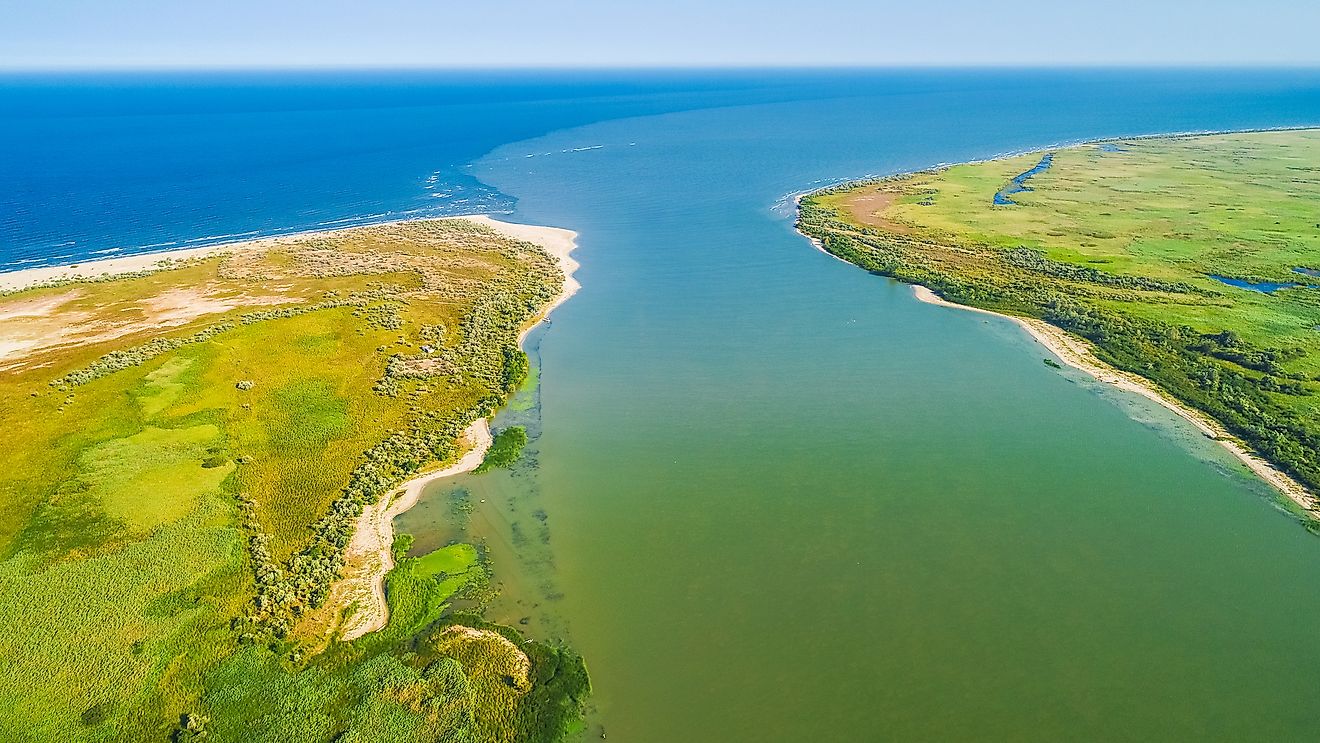What is a Mogote?

A mogote is a unique formation of isolated residual hills with steep sides, which is composed of limestone, marble, or dolomite and are surrounded by nearly flat alluvial planes. The sides are so steep that they are almost vertical. They look like round towers or stacks of hay. They are remnants of limestone that have been deposited and undergone erosion. Mogotes are also associated with erosion of karst. In most cases, they are characterized by caves around them and at their bases. They are generally less than 25 meters in height with their radii ranging from a minimum of 10 meters to a maximum of 200 meters.
How are Mogotes Formed?
Mogotes are formed from the remnants of limestone sedimentary layers that have been deposited at a certain point over a long period of time. Limestone composes of calcium carbonate, clay, iron carbonate, pyrite and small amounts of quartz. These layers are usually formed beneath shallow water, they are later folded and faulted in the process of orogenic cycles. Tectonic forces uprising expose the limestone layers to the earth’s surface. On the earth’s surface, they undergo erosion by weathering agents like rain water, wind and waves energy. In cold and dry seasons, the upper areas of the mogote harden and become more resistant while the low areas are exposed to more agents of erosion.
Examples of Mogotes
Most of the mogotes are located in the Carribean, particularly in Cuba. Most of Cuba’s land is covered with limestone. They are mostly located in tropical, subtropical forest and equatorial forests. Examples of the mogotes are the Puerto Rico Mogotes, The Vinales Valleyin in Pinal del Rio province in Cuba, In northern Cuba between Matanzas and Havana province, The Mogotes in Northern Matanzas Province, near the city of Cardenas in Cuba. Besides Cuba, there are mogotes in Southern China called Klimaszewski and Kwangsi. They are also found in Peninsula of Malacca.
What are the Benefits of Mogotes?
Mogotes form attractive tourist sceneries. The Vinales Valley in Cuba forms a top tourist destination in the country of Cuba. Main tourist activities in mogotes include hiking, rock climbing and cave touring. The dramatic landscape that abruptly rises from the flat surface to form almost vertical steep walls attract tourists. In fact, the Vinales Valley Mogotes have been mentioned as a world tourist Heritage status by the UNESCO. The Vinales Valley is fertile and largely supports the cultivation of tobacco and other crops in Cuba. The weather around mogotes are cool and wet to support agriculture. The land fertility is due to the minerals carried and deposited in the valley during the formation of the mogotes. Mogote is home to much endemic flora and fauna. The vegetation that crops on the mogotes is mostly endemic to that particular mogotes. In the Vinales Valley, flora endemic to it include mountain palm whereas fauna endemic to the mogotes include bee hummingbird, Cuban Trogon, Cuban tody Cuban solitaire, and the Cuban Grassquit. The mogotes are also known to be water catchment areas.











